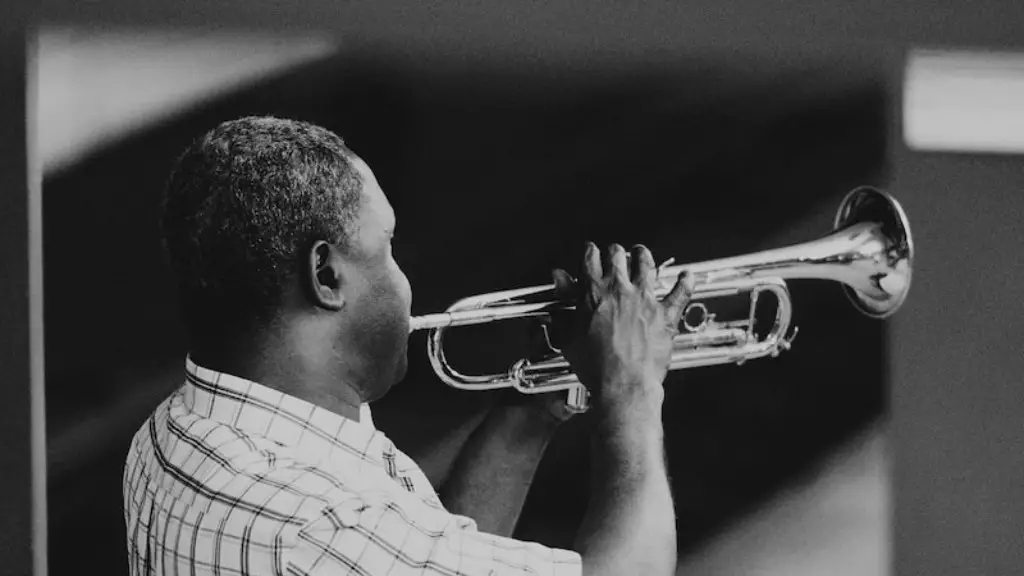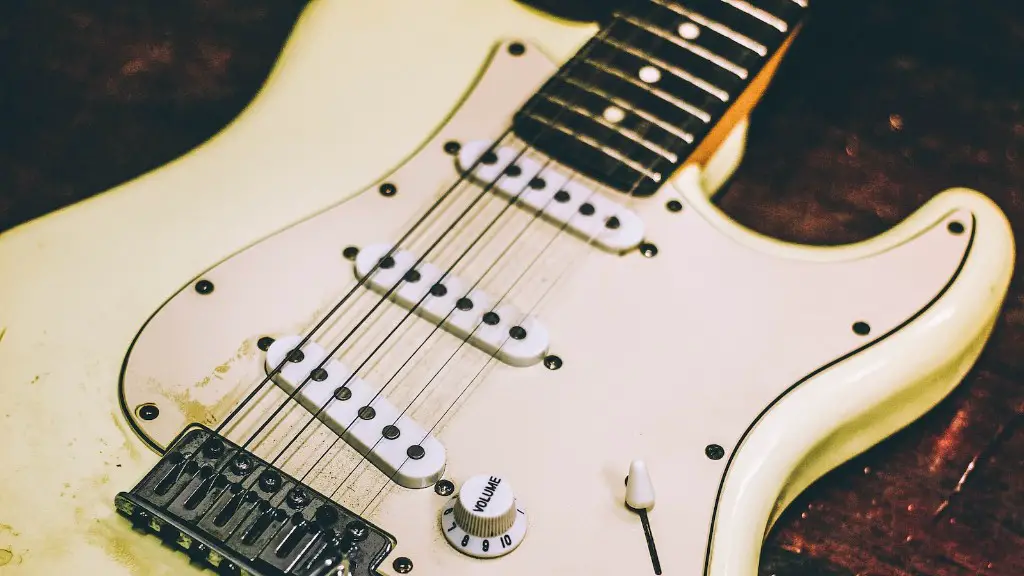Playing the trumpet takes a lot of endurance. But with some practice and dedication, you can easily increase your trumpet endurance.
This article will discuss some easy tips and tricks on how to increase your trumpet endurance. You’ll learn how to properly warm up, develop good breathing techniques, and practice endurance exercises. We’ll also discuss how to improve your overall playing technique so that you can play for longer periods of time without fatigue.
So if you’re looking to increase your trumpet endurance, read on and learn some useful tips! With the right practice and dedication, you can easily make great strides in increasing your trumpet endurance.
Increase Trumpet Endurance with Deep Breathing
Deep breathing is an essential tool for trumpet players, as it can help them increase their endurance and play for longer periods of time. The first step is to take a few deep breaths before you begin playing. Make sure your inhale and exhale are both slow and steady, allowing your lungs to fill completely before releasing the breath.
Once you become comfortable with this type of deep breathing, you can focus on expanding your breath capacity while playing. Hold your breath briefly during each phrase, then exhale as you transition into the next phrase. This allows your lungs to fill up with air and gives you a boost of energy so that you can play longer and stronger.
Breathing techniques can also help reduce fatigue while playing, which will lead to improved endurance. When taking a break during a practice session or performance, be sure to take a few deep breaths in order to relax and refocus. Focusing on your breathing will also help clear your mind of any distractions and help you stay focused on the task at hand.
Deep breathing is an important skill for any trumpet player, and mastering these techniques will lead to improved endurance and better performances overall. Taking the time to practice and perfect these techniques will pay off in the long run and help ensure that each performance is successful.
Improving Posture when Playing Trumpet
Playing the trumpet takes practice, and one of the most important aspects for players to consider is posture. Good posture helps to increase endurance, reduce fatigue and make playing more comfortable. To improve posture when playing trumpet, stand with your feet slightly wider than shoulder width apart and keep your back straight but not rigid. Your arms should hang naturally at your sides and your elbows should be slightly bent. Hold the trumpet up to your mouth with both hands, keeping your thumb on the back of the instrument. Your embouchure should be firm without being too tight or too loose. Ensure that you are breathing from your diaphragm and not your chest.
When playing longer pieces, it is important to take breaks in order to give yourself a rest. Make sure that during these breaks you maintain good posture and stretch any muscles that are feeling tense or tight. Taking regular breaks can help you stay relaxed and focused while improving trumpet endurance over time.
Increasing Trumpet Endurance
Improving trumpet endurance involves regular practice and proper technique. The best way to increase your trumpet endurance is to practice regularly for shorter periods of time, rather than one long session. This allows you to gradually increase the amount of time spent playing without getting too fatigued. Make sure to focus on your breath control as well, taking deep breaths and exhaling fully so that you don’t run out of breath quickly. Try using a metronome to keep a consistent tempo and focus on playing with a relaxed posture, especially in your arms and wrists. Additionally, be sure to take breaks in between practice sessions and stay hydrated. The key is to practice consistently with correct form. Working on exercises designed to strengthen your lungs, such as deep breathing exercises or running, may also help increase your trumpet endurance over time. With enough dedication and effort, you can improve your endurance and take your playing to the next level!
Improving Trumpet Endurance Through Proper Embouchure Techniques
Playing the trumpet can be quite a challenge, especially when it comes to endurance. It is important to learn proper embouchure techniques in order to increase your trumpet playing stamina. This includes learning how to properly position your lips and jaw, as well as developing the right amount of tension needed for optimal performance. Additionally, learning proper breathing techniques can help you maintain a consistent sound and maximize your endurance on the instrument.
When practicing, be sure to warm up with long tones and gradually increase the length of time you can play without slurring or dropping out of tune. Long tones are an excellent way to build up endurance and improve your overall sound quality. You should also practice articulating different rhythms while maintaining a consistent sound from note to note. Focusing on playing with a relaxed embouchure is also key for increasing trumpet endurance. If your muscles become too tense or fatigued, take a break and focus on releasing any tension that has built up in your face or jaw muscles.
Finally, remember that practice makes perfect! The more you practice the better you will become at playing with proper embouchure technique and increased endurance. With enough dedication and hard work, you will soon be able to play longer pieces with ease and confidence.
Increasing Trumpet Endurance
Developing and maintaining endurance on the trumpet is essential for any musician. To build long-lasting stamina, it is important to focus on increasing lip flexibility through stretching and buzzing exercises. Stretching exercises help build strength in the mouth muscles, providing more control over the sound. This can be done by gently stretching and opening your lips with your fingers and then slowly releasing them. Buzzing exercises also help increase lip flexibility by refining the way air is released from our lips. This can be done by placing a finger mute on the bell of the trumpet and buzzing different scales and patterns with just air, no sound coming out of instrument. Practicing these exercises regularly will help increase endurance and give you more control over your sound.
Additionally, it is important to take regular breaks while playing to ensure your muscles don’t become fatigued or strained. Taking short breaks between playing sessions will not only help you maintain your endurance but also helps you stay focused when playing for extended periods of time.
Using a Metronome for Accuracy and Timing
Using a metronome is key to improving your endurance when playing the trumpet. With a metronome, you can practice at specific tempos, gradually increasing your speed as you become more comfortable. This helps to build up your stamina and gives you a sense of control over the music. It also helps to keep you in time with other musicians, especially when playing in an ensemble or band setting. Practicing with a metronome can help you develop accuracy and timing, while also allowing you to focus on technique without worrying about keeping time.
Setting goals for yourself is also important when trying to increase endurance. Focus on increasing your tempo in small increments each day and be sure to challenge yourself. When practicing, don’t be afraid to push yourself out of your comfort zone – this will help you reach new levels of skill and proficiency. Ultimately, using a metronome along with setting goals for yourself will help you build up trumpet endurance and become an even better musician overall!
The Bottom Line
Increasing trumpet endurance involves a combination of consistent practice, incorporating various techniques and exercises, and focusing on a healthy lifestyle. Practicing slowly and in short bursts is key to improving trumpet endurance. Over time, stamina will increase if the correct methods are followed. A big part of increasing trumpet endurance is also to stay hydrated and eat nutritious foods. By following these tips, you can build up your trumpet endurance over time. Overall, with dedication and commitment, it is possible to improve one’s trumpet endurance.




